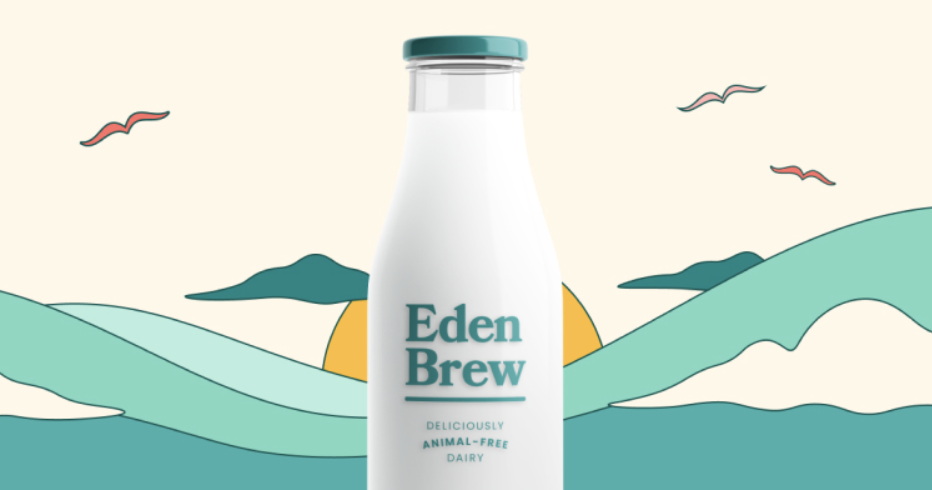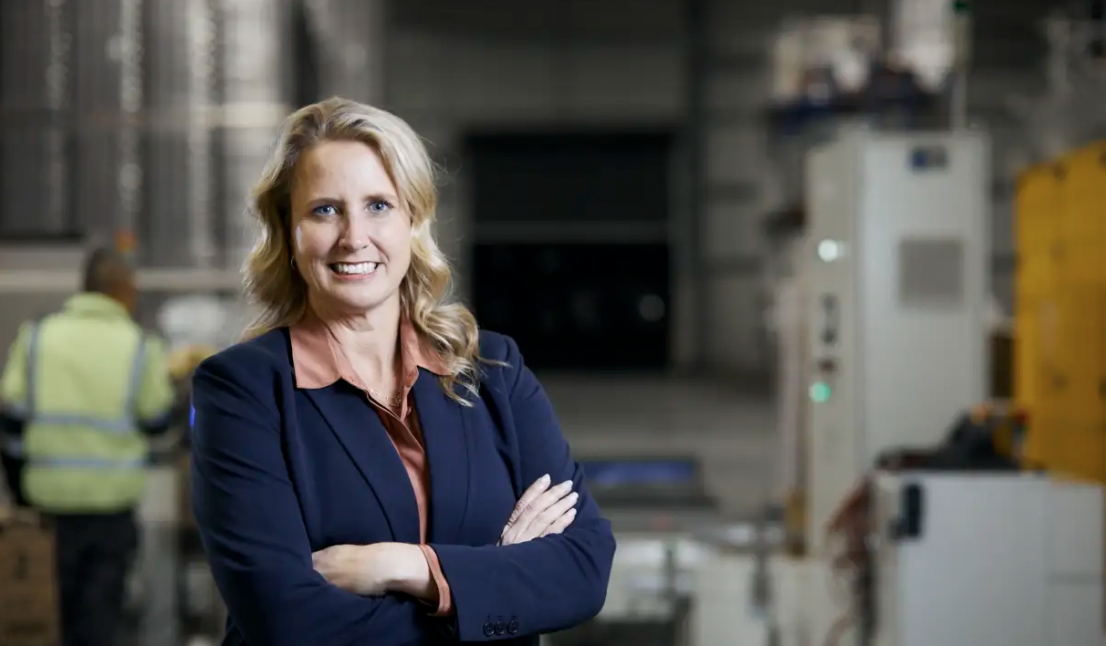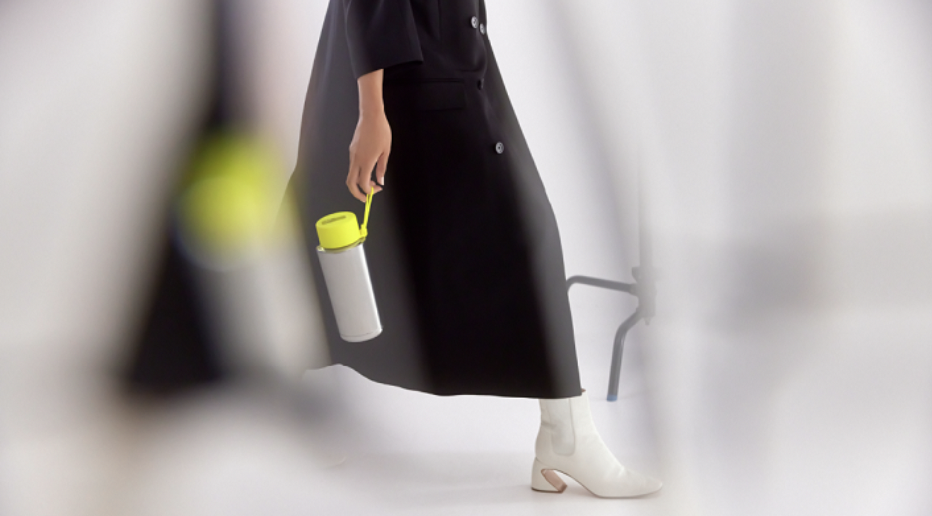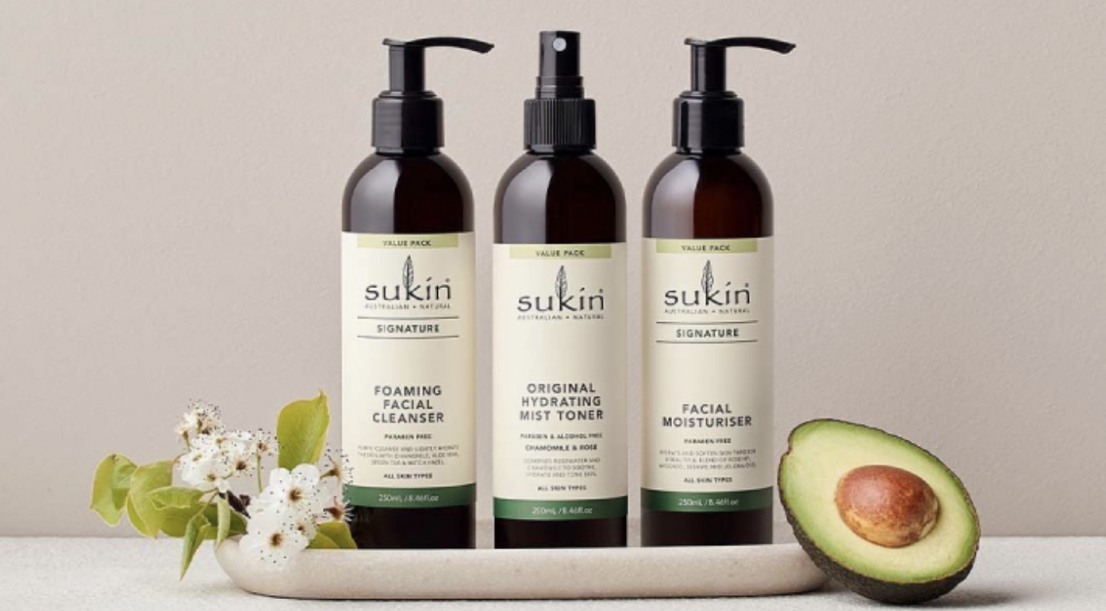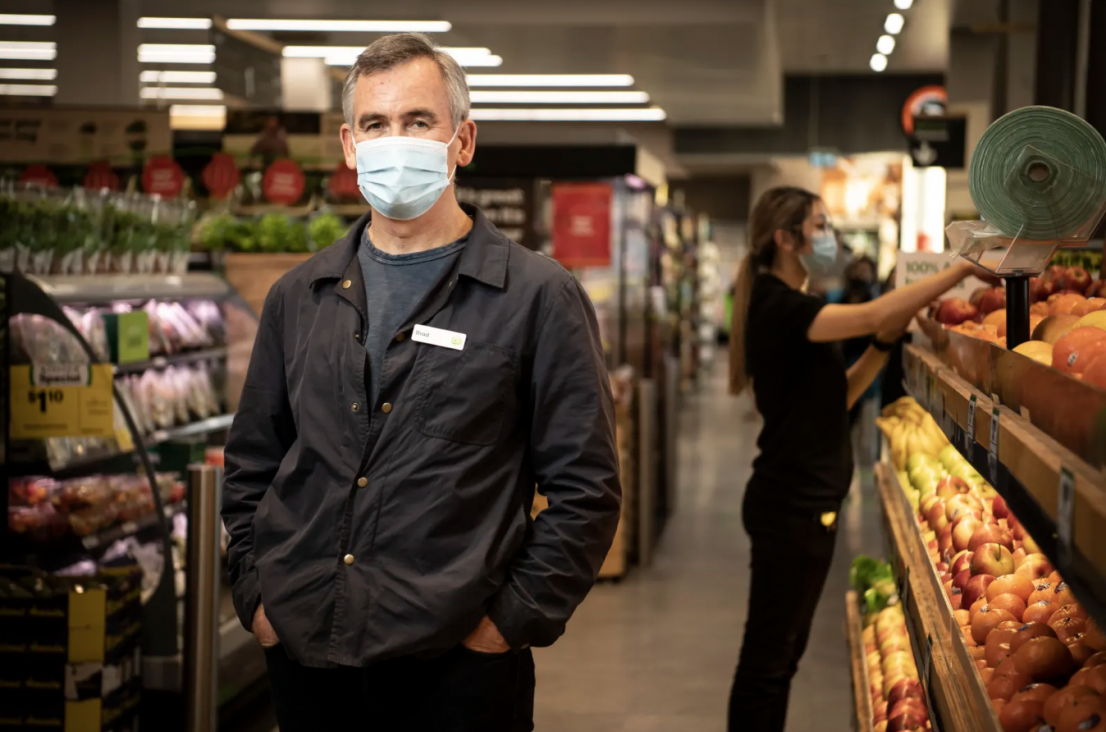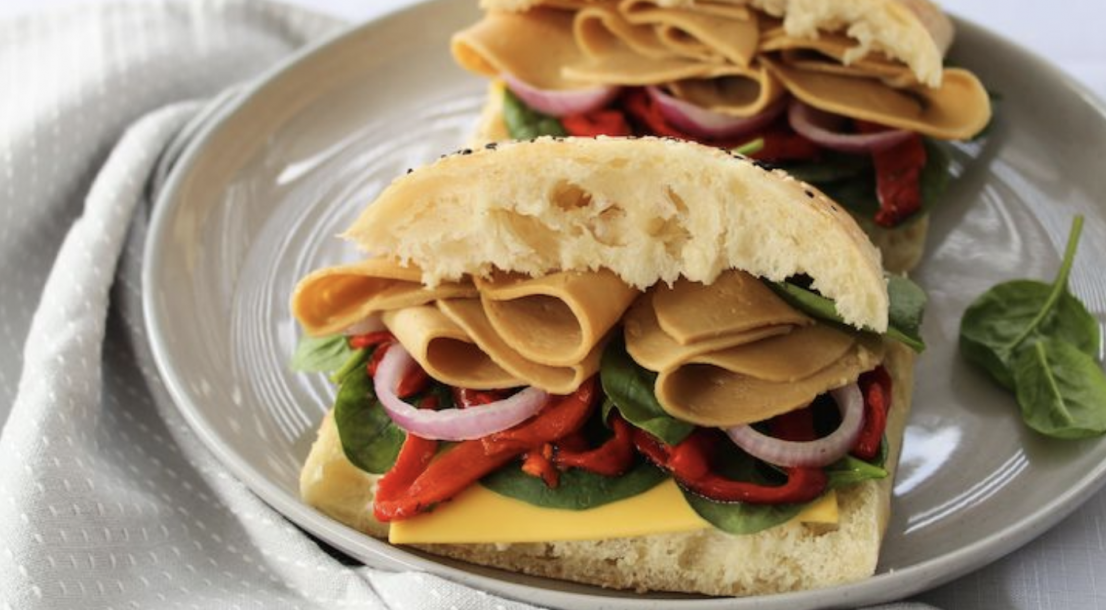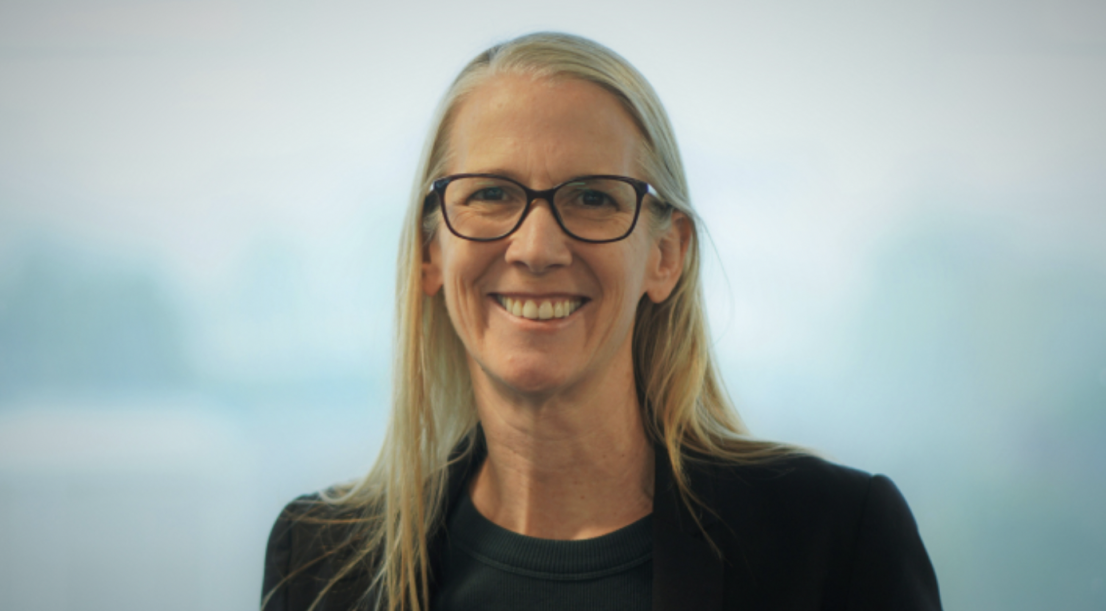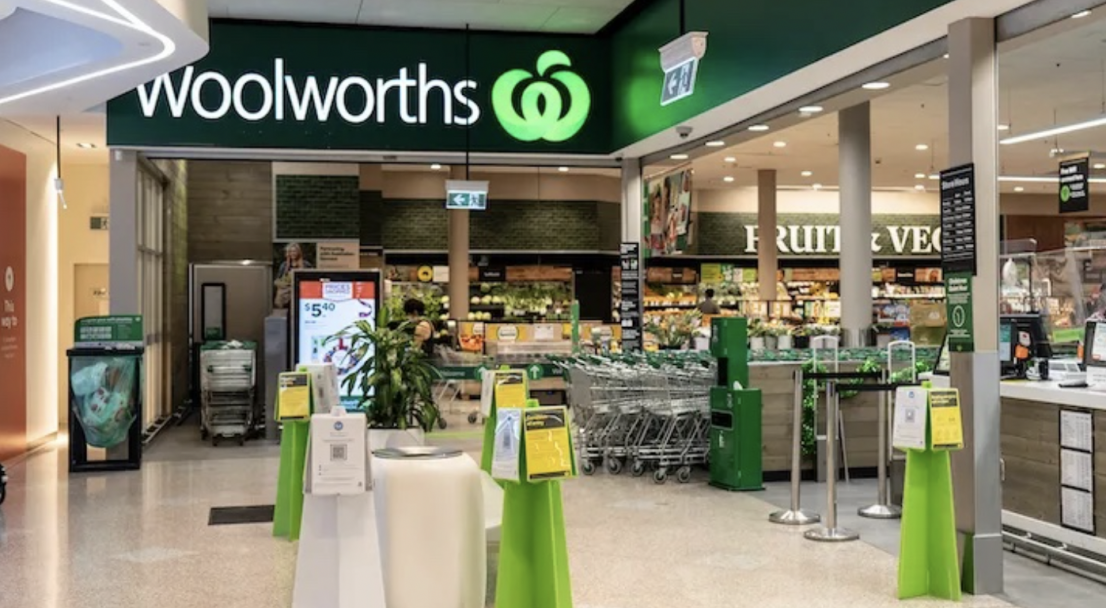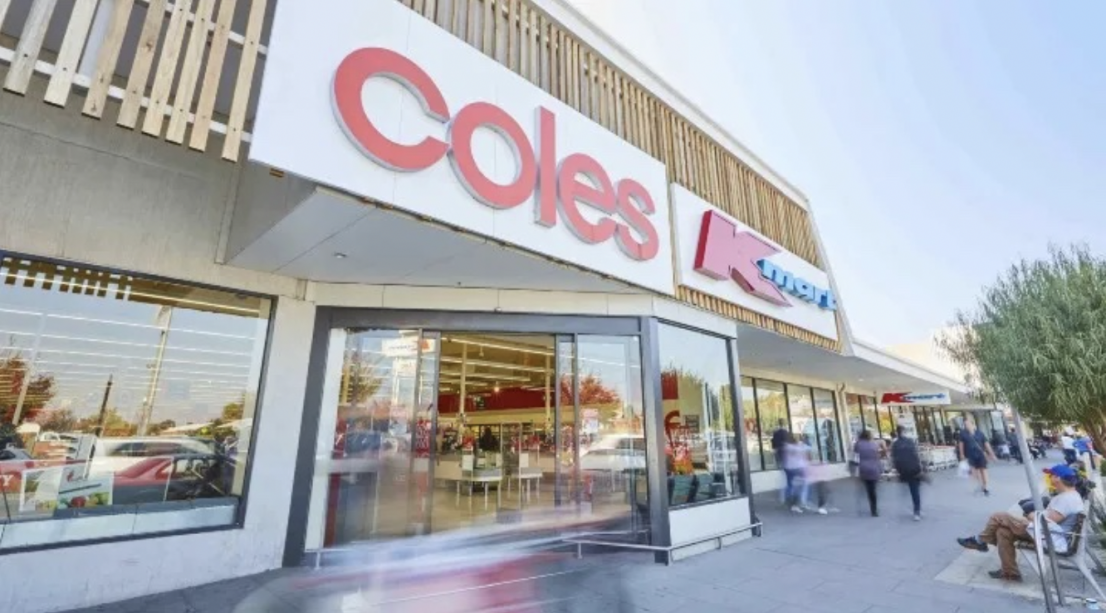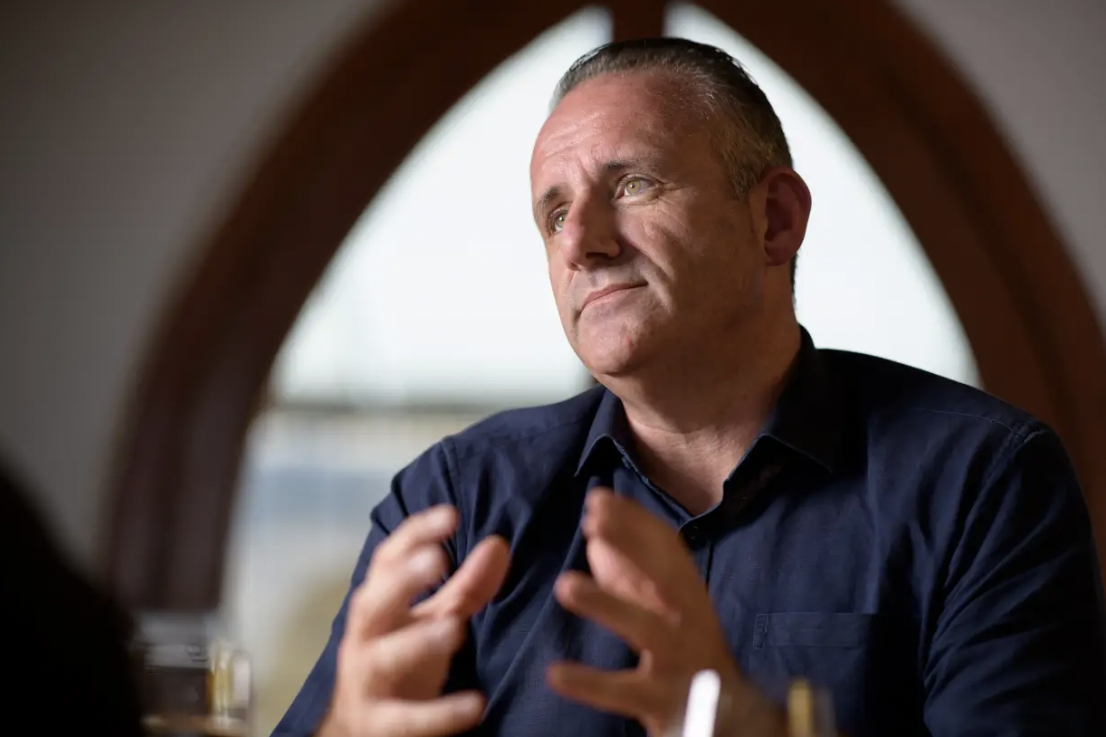
The chief executive of Endeavour Group, which owns the Dan Murphy’s and BWS liquor retailing outlets, says foot traffic in large shopping malls has not fully returned to pre-COVID-19 levels but a “degree of normality” is back in strip shopping and stand-alone stores.
Steve Donohue said on Thursday the group was also experiencing solid demand for the large volumes of new products on its shelves, and that was helping to preserve profit margins at a time when inflationary pressures in the supply chain are rising.
Mr Donohue said the group aims to open between 20 and 30 outlets annually, with emphasis on Queensland and South Australia.
Dan Murphy’s, in particular, has a strong base in Victoria where the business started, while expansion in Western Australia is harder to pursue because of regulations around the granting of new liquor licences.
Endeavour operates 258 Dan Murphy’s stores, 1411 BWS liquor outlets and a hotels business with 340 outlets. It is a large player in gaming through a combined 12,400-plus poker machines across many of those hotels, making it the largest owner of poker machines in Australia, and the third-largest gaming operator in Australia after Crown Resorts and The Star.
About 60 fund managers and investors went on a tour of some of Endeavour’s pubs and retail outlets in Melbourne on Thursday as part of an investor day, and Mr Donohue spoke to The Australian Financial Review by phone mid-afternoon.
Endeavour was demerged from supermarket giant Woolworths and listed as a separate entity on the ASX in June last year. Woolworths still retains a 14.6 per cent stake in Endeavour.
Endeavour shares had gained about 25 per cent in the 11 months since the company became a stand-alone entity, but slid on Thursday by 6 per cent to $7.20.
Mr Donohue said it was difficult to forecast what effect rising electricity prices would have on the group’s retail and hotels operations, with energy prices one of the components of general inflationary pressures. Rising wage pressures in an industry where labour shortages are common, rising rents and increased prices of goods from suppliers were all feeding into costs increasing.
Endeavour is making sure it tailors its product range carefully to local catchment areas.
“People really want locally made products,” he said. This had been starkly evident in the large amount of new gin products on the market, and in the craft beer segment.
“You are getting a very bespoke range in local stores.”
Dan Murphy’s and BWS made huge gains in their online businesses during the pandemic as at-home consumption rose sharply. Foot traffic volumes into bricks-and-mortar stores in stand-alone locations and in strip shopping venues were “returning to a degree of normality”.
But large shopping centres were still some way off, with people still showing some reluctance in those venues.
“I think malls haven’t quite got back to pre-pandemic levels,” he said.
Endeavour Group said its new product development pipeline for the liquor stores was running at about 11,000 new stock-keeping units a year, compared with 5000 in 2015. New products coming onto the shelves generally bring higher margins because they are not subject to the same level of discounting which tends to be prevalent in older brands.
MST Marquee analyst Craig Woolford said a capital spending forecast of between $320 million and $460 million annually may result in some small downgrades to cash flow forecasts. He has a “hold” rating on the stock and a 12-month price target of $7.45.


